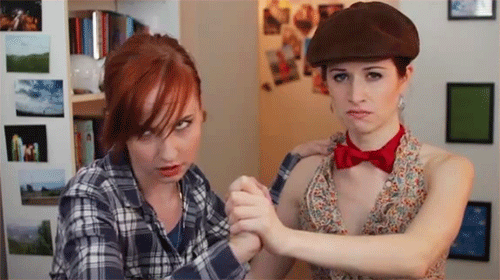
Guys, I’m in love — with transmedia storytelling. Yes, I know I am a little behind the Internet times on this one, but what I lack in timeliness I make up for in raw enthusiasm. Right now, the apple of my eye is Pemberley Digital — aka the adaptation of classic Austen novels into vlog-style web series that operates on many online platforms — and I couldn’t be more smitten. The Lizzie Bennet Diaries and Emma Approved excite me for the possibilities they represent. Yes, they have the bones of great stories — as evidenced by the fact that the original works were written 200 years ago — but these web series adaptations are so much more than century-old plot structures. They represent a revolution in storytelling. A revolution not only in how stories are told, but who tells them and how consumers interact with them. And that is so exciting…
What is transmedia storytelling?
Transmedia storytelling refers to any story that is told across multiple platforms.
‘Transmedia storytelling’ is telling a story across multiple media and preferably, although it doesn’t always happen, with a degree of audience participation, interaction or collaboration. — Transmedia Storyteller
For example, The Lizzie Bennet Diaries primarily tells its story in a series of web vlogs from the perspective of media grad student Lizzie Bennet. However, this fictional world expands beyond that to the Twitter handles and Tumblr pages of the characters within this world. These characters interact with one another in “real”-time as the story unfold. Several of the supporting characters have their own concurrent web series that share alternate perspectives on the plot, characters, and world. For example, while Lizzie explores Pemberley Digital (both the company that produces the series in real life and Darcy’s in-world media company), the viewers can watch as George Wickham manipulates and emotionally abuses her little sister, Lydia, in Lydia’s own web series. Conclusion: When used to it full extent, transmedia storytelling weaves an incredibly rich and complex narrative.
The immediacy of transmedia narrative

Web series that embrace transmedia storytelling add a live-time component that means you lose something if you wait to watch: the chance to interact with the characters and story in real ways. They creates a sense of immediacy that has diminished in traditional TV. With the arguable exception of Netflix and certain tweet-inciting shows like Pretty Little Liars or Scandal, it’s not necessary to watch shows when they air. Many viewers tend to wait until they can binge watch their favorite shows, or just DVR or torrent an episode to fit into their own schedule. (I know I do, fandom monogamist that I am.) Shows like The Lizzie Bennet Diaries and Emma Approved operate across the online media landscape. The characters have their own Twitter handles, blogs, etc. you can follow and interact with (and that interact with one another). The series host periodic Q&As with characters answering questions from the viewers. Never before have fans been able to interact with their favorite stories and characters in this way. Sure, you can have a conversation with an actor or showrunner on Twitter, but that is still one degree removed from interacting with the story itself. There is a fourth wall that can’t be broken. Shows like LBD breaks that fourth wall in fascinating ways. It does it organically, so that it isn’t “breaking” the fourth wall at all, but rather integrating the viewer seamlessly into the fabric of the story.
Depicting the Internet vs. Internet as medium
In a recent episode in his Vimeo series “Every Frame a Painting,” Tony Zhou looks at the problem of depicting texting and the Internet in TV and movies.
Is there a better way of showing a text message in a film? How about the internet? Even though we’re well into the digital age, film is still ineffective at depicting the world we live in. Maybe the solution lies not in content, but in form. — Tony Zhou
Though Zhou doesn’t specifically mention transmedia works like The Lizzie Bennet Diaries and Emma, he suggests that the key to depicting what has become an integral part of life for so many of us into our stories is through form. Transmedia narrative isn’t about depicting the Internet; it is about using the Internet itself as a medium. And I think that’s pretty incredible.
Have you watched The Lizzie Bennet diaries or other transmedia stories? What do you think of the form? Share your thoughts in the comments below.
This post originally appeared on GenreTV.

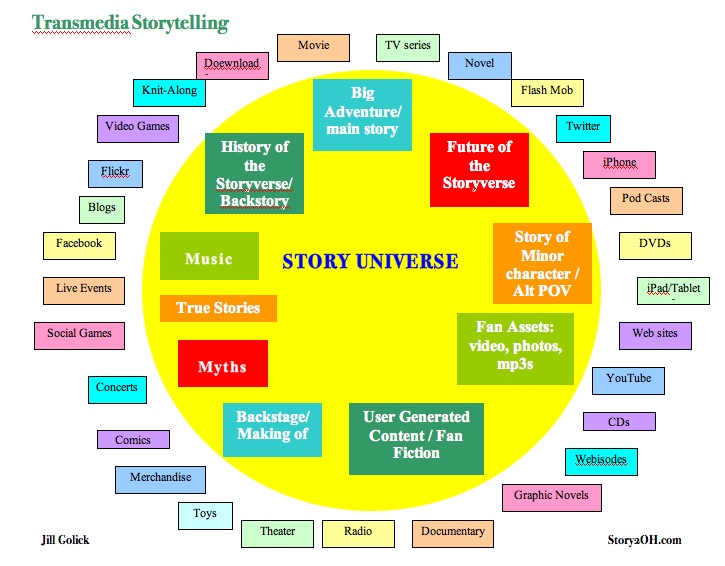

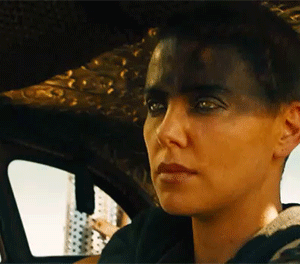
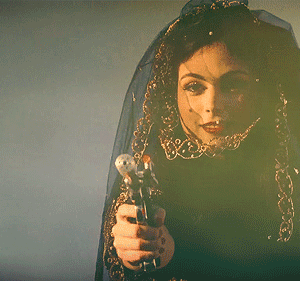
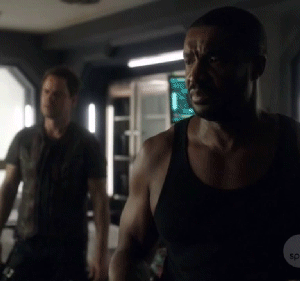
Leave a Reply